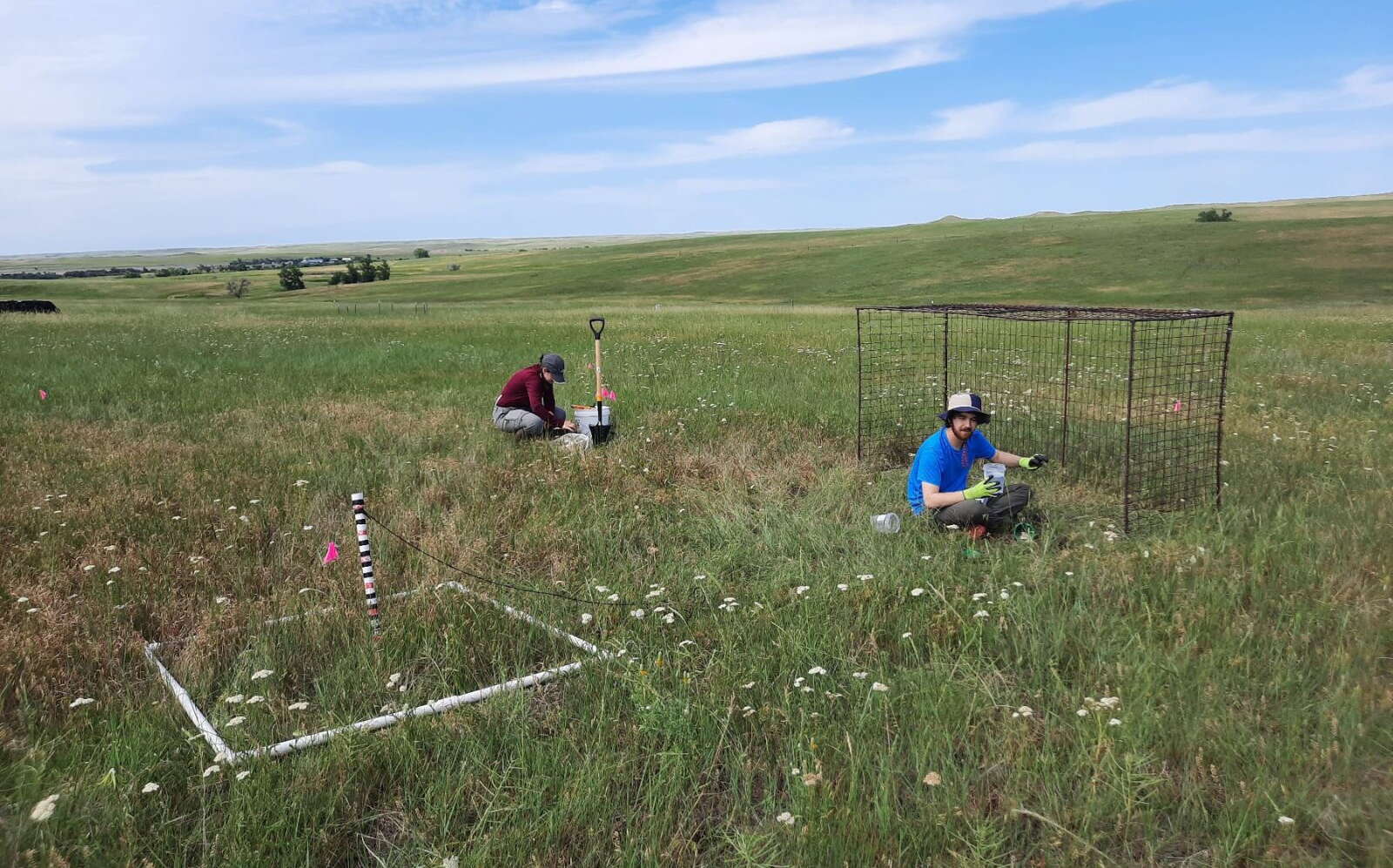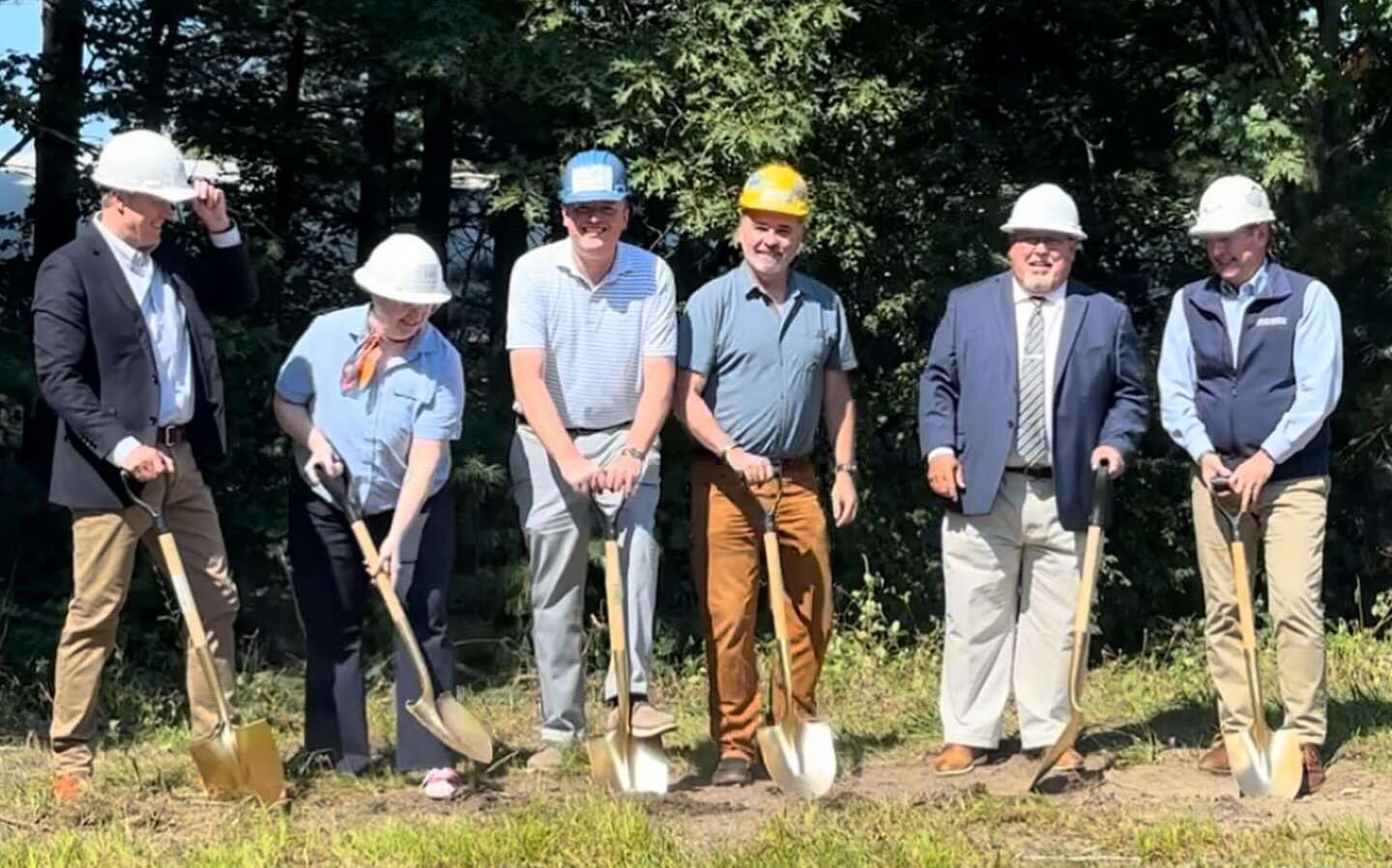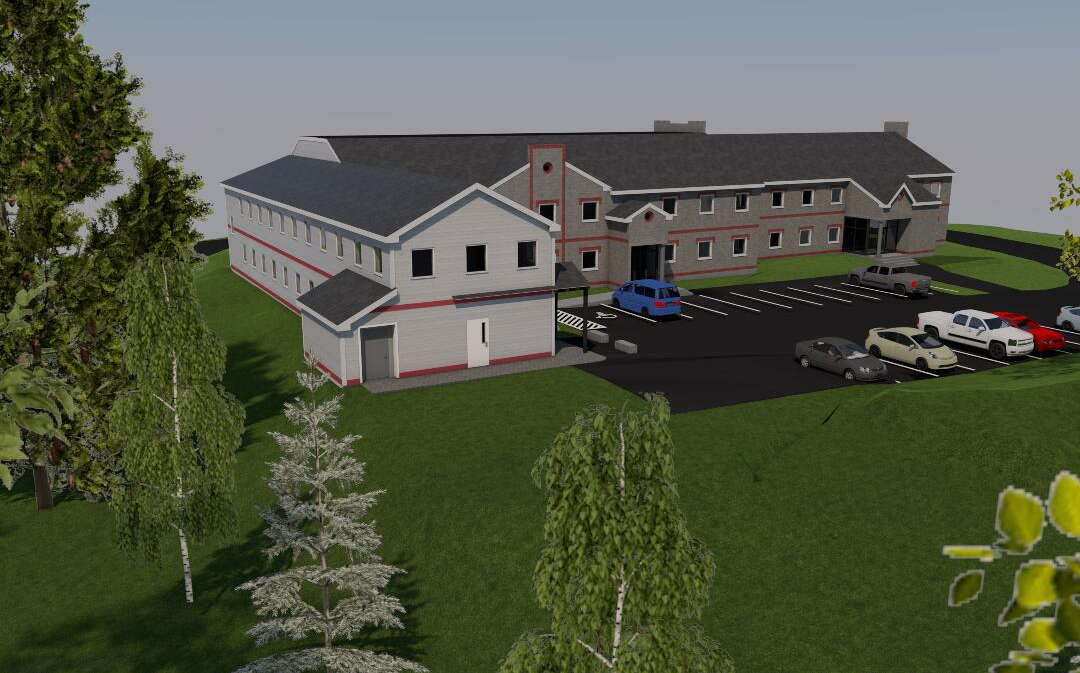
Processing Your Payment
Please do not leave this page until complete. This can take a few moments.
- News
-
Editions
View Digital Editions
Biweekly Issues
- December 15, 2025
- December 1, 2025
- Nov. 17, 2025
- November 03, 2025
- October 20, 2025
- October 6, 2025
- + More
Special Editions
- Lists
- Viewpoints
-
Our Events
Event Info
Award Honorees
- Calendar
- Biz Marketplace
Expansion of Biodiversity Research Institute in Portland reflects steady growth
 Photo / Courtesy Biodiversity Research Institute
Ed Jenkins and Chris Persico, the institute’s research lead and senior wildlife biologist respectively, conduct a bird banding workshop in Kenya’s Amboseli National Park.
Photo / Courtesy Biodiversity Research Institute
Ed Jenkins and Chris Persico, the institute’s research lead and senior wildlife biologist respectively, conduct a bird banding workshop in Kenya’s Amboseli National Park.
The Biodiversity Research Institute, a conservation research nonprofit headquartered at 276 Canco Road in Portland, broke ground on an expansion that reflects its gradual but steady growth in recent years.
A groundbreaking ceremony drew Portland Mayor Mark Dion and other city leaders.
“This groundbreaking ceremony is more than a gesture to mark the addition to our office building,” said David Evers, the institute’s founder, executive director and chief scientist. “This event represents the growth of a committed team of conservation biologists who are making a difference in our local community, in our state and in the world at large.”
Collaborative research
Evers, a conservation biologist, founded the nonprofit institute in 1998 to assess emerging threats to wildlife and ecosystems through collaborative research. Scientific findings are used to advance environmental awareness and inform decision-makers.

The institute has grown to a nearly $10 million annual budget, 60 staffers and four centers of excellence and 16 research programs. Its scientific research now spans over 50 countries on five continents. Milestones include work in the Gulf of Mexico after the Deep Horizon oil spill; with the United Nations’ Minamata Convention on Mercury; and a project with the U.S. Department of Energy to document wildlife traffic along the Mid-Atlantic coast for permitting of offshore wind turbines.
The institute’s research capabilities have grown under four centers: mercury studies, climate change and conservation; offshore wind development and the environment; and waterbird studies.
The institute also has five labs on the premises: toxicology, quantitative wildlife ecology research, wildlife remote acoustics and imagery wildlife forensics and wildlife health and pathology.
Global relationships
Evers’ research revolves around ecotoxicology, with an emphasis on understanding the patterns of mercury exposure and effects on wildlife. Current projects include assessments of mercury in fish and wildlife across Africa, Asia, the Caribbean Sea, North America and South America. His three decades of research has resulted in more than 160 peer-reviewed publications and seven books about birds and the North Woods.

Through the instittue’s Center for Mercury Studies, he oversees several national and international mercury monitoring networks and database summary efforts for the United Nations Environment Programme and other U.N. agencies.
He co-owns a soil carbon development company called CarbonSolve, and oversees biodiversity surveys for soil carbon projects in Kenya, Tanzania, Zambia and North America.
In July, Evers was in Capetown, South Africa, to take part in the 16th International Conference On Mercury as a Global Pollutant. He recently returned from London, where he presented information on carbon offset projects in Africa to investment groups.

To date, the institute’s staff have collectively authored and published over 320 peer-reviewed publications.
The city of Portland is recognizing the institute as the Portland Development Corp.’s Client of the Year at a business awards event at Ocean Gateway, on Nov. 21.
$3M expansion
The Canco Road expansion, expected to cost close to $3 million, has been in the making for a year and a half or more, Evers said. The institute has been at the location for a decade, leasing at first and now owning it.
American Building Group, a construction company also located at 276 Canco Road, is handling the project. Whipple|Callender Architects in Portland provided the design.

The need for more space is driven by expanded demand for services in several of the institute’s revenue hubs, he said.
That includes consulting government and commercial entities on potential offshore wind sites to identify those with minimal impact on marine life; projects in the carbon credit market that help identify benefits to habitat and communities; and work related to ecotoxicology and contaminants.
About a quarter of the institute’s revenue portfolio is through the government and the U.N. and three-quarters is through private industry.
Over the past year, the staff has grown from 51 employees to 60 today. There are five positions open. In the coming year, there will be another 10 to 15 hires, Evers said.
The 5,400-square-foot expansion will have 18 offices expected to be ready for occupancy by next summer. The offices will be staffed by employees who have already been hired but are working remotely from locations across the U.S. Evers said he prefers to have staffers in-person and that the new hires are ready to move to Portland.
The city of Portland helped finance the expansion and leverage further investment through bank partners by issuing a commercial loan from the Portland Development Corp.
Coastal Enterprises Inc. and the U.S. Small Business Administration also provided assistance.
In 2021, the Portland Development Corp. provided a loan to the institute so it could purchase the building at 276 Canco Road.
“The city of Portland is proud to partner with local organizations like BRI in confronting the environmental challenges that impact our community and beyond,” said Dion.
Mainebiz web partners

The Giving Guide
The Giving Guide helps nonprofits have the opportunity to showcase and differentiate their organizations so that businesses better understand how they can contribute to a nonprofit’s mission and work.
Learn More
Work for ME
Work for ME is a workforce development tool to help Maine’s employers target Maine’s emerging workforce. Work for ME highlights each industry, its impact on Maine’s economy, the jobs available to entry-level workers, the training and education needed to get a career started.
Learn More
Groundbreaking Maine
Whether you’re a developer, financer, architect, or industry enthusiast, Groundbreaking Maine is crafted to be your go-to source for valuable insights in Maine’s real estate and construction community.
Learn more-
The Giving Guide
The Giving Guide helps nonprofits have the opportunity to showcase and differentiate their organizations so that businesses better understand how they can contribute to a nonprofit’s mission and work.
-
Work for ME
Work for ME is a workforce development tool to help Maine’s employers target Maine’s emerging workforce. Work for ME highlights each industry, its impact on Maine’s economy, the jobs available to entry-level workers, the training and education needed to get a career started.
-
Groundbreaking Maine
Whether you’re a developer, financer, architect, or industry enthusiast, Groundbreaking Maine is crafted to be your go-to source for valuable insights in Maine’s real estate and construction community.
ABOUT
NEW ENGLAND BUSINESS MEDIA SITES
No articles left
Get access now
In order to use this feature, we need some information from you. You can also login or register for a free account.
By clicking submit you are agreeing to our cookie usage and Privacy Policy
Already have an account? Login
Already have an account? Login
Want to create an account? Register
Get access now
In order to use this feature, we need some information from you. You can also login or register for a free account.
By clicking submit you are agreeing to our cookie usage and Privacy Policy
Already have an account? Login
Already have an account? Login
Want to create an account? Register







0 Comments